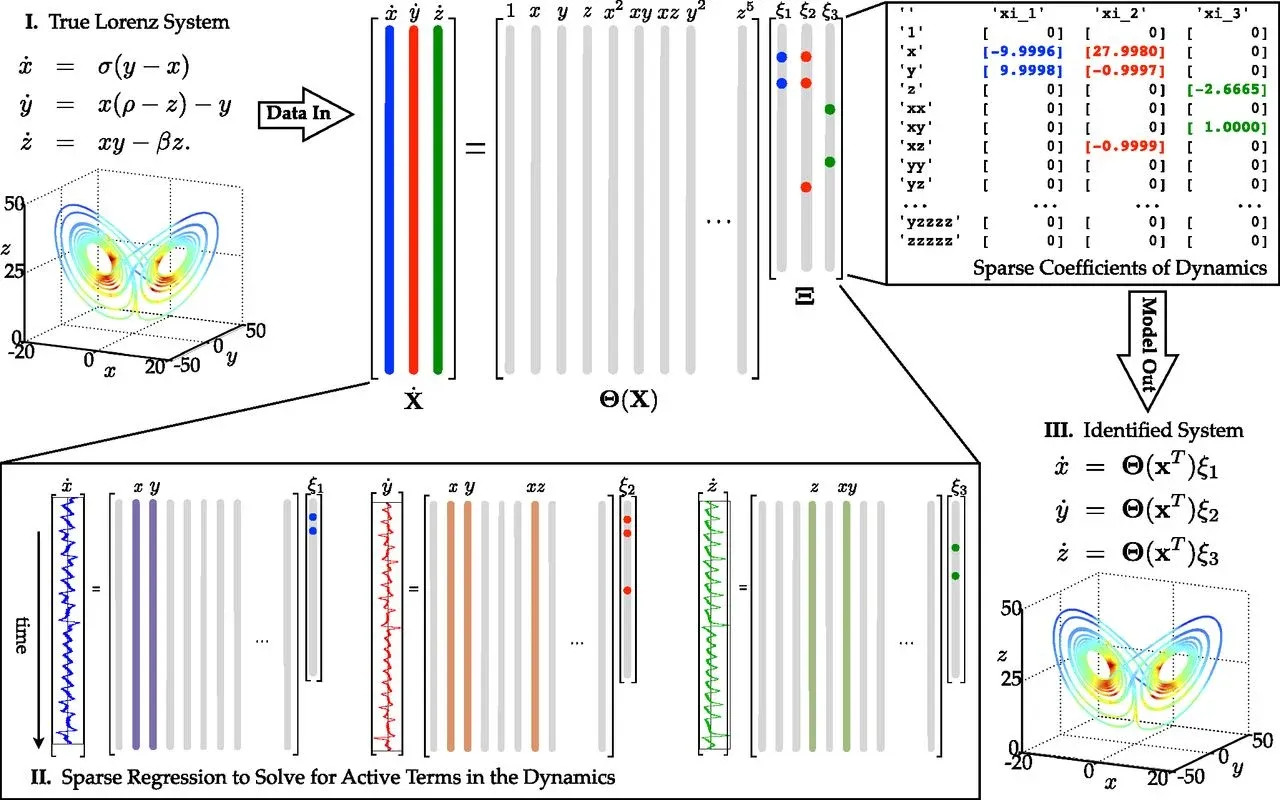"Water is what it is, and does what it does. It can overwhelm, but it’s not overwhelmed. It can be still, but it is not impatient. It can be forced to change course, but it is not frustrated. Get it?"
– David Allen, Getting Things Done
INPUTS (Uncontrollable, Constant Flow)
- Emails
- Meetings
- Deadlines
- Crises
- Unexpected events
Step 1: Capture ("Container for Flow")
- Collect all incoming information (notes, inboxes, voice memos, lists)
- Don't resist the incoming current, just catch it
Step 2: Clarify ("Remove Debris")
- Process each captured item: What is it? Is action needed?
- Define next actions, projects, reference material
- Let go of ambiguity (clearing the water)
Step 3: Organize ("Directing Channels")
Sort clarified items into systems:
- Next actions
- Waiting for
- Projects
- Someday/maybe
- Calendar
- Each item flows into an appropriate channel
Step 4: Reflect ("Monitoring Currents")
- Weekly reviews
- Reconnect with priorities
- Adjust the system as needed
Step 5: Engage ("Act With Flow")
- Work from trusted lists
- Choose actions based on context, time, energy, priority
- Stay present and responsive, like water flowing around obstacles
Core System Qualities ("Water-Like Mindset")
- Adaptable
- Non-resistant
- Emotionally neutral
- Always moving, never stuck
- Calm even when fast-moving
- Changes form without losing essence
Mindset Shift
Instead of fighting complexity or feeling overwhelmed:
- Trust the system to hold the complexity.
- Allow your mind to stay clear and present.
- Flow with change instead of resisting it.
"Water is what it is, and does what it does."
Systems Thinking Layer:
Your mind + GTD system = an adaptive human-technical system operating inside larger dynamic systems (work, family, world events).
- Feedback loops: Regular reviews keep the system calibrated
- Emergence: Complex projects unfold through iterative small actions
- Path dependence: Early clear captures reduce downstream chaos
Mindfulness Layer:
- Presence without reactivity
- Awareness of flow and obstacles without attachment
- Acceptance of what arises, acting skillfully in response
David Allen's implicit lesson:
"You cannot control the river. But you can learn to move like water."







